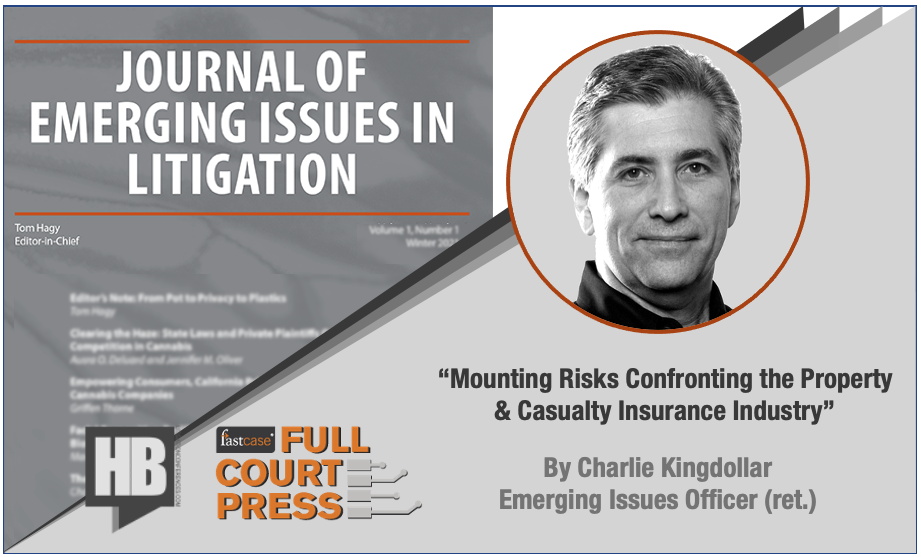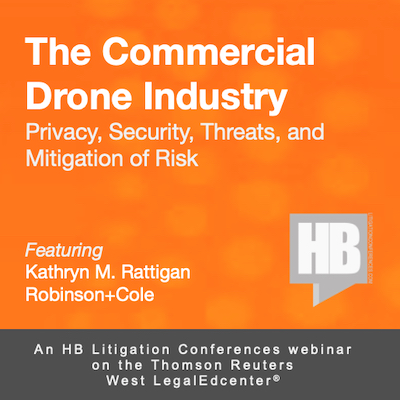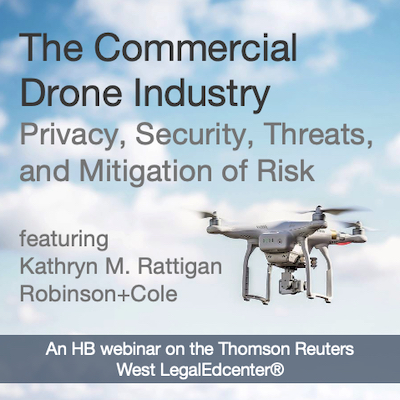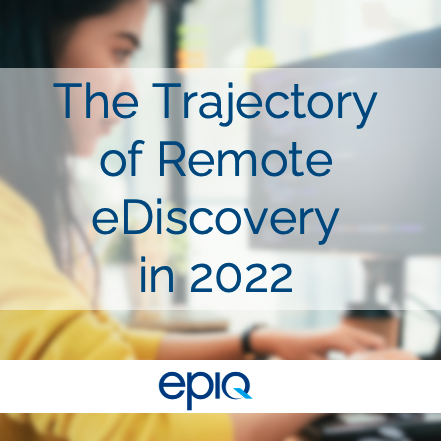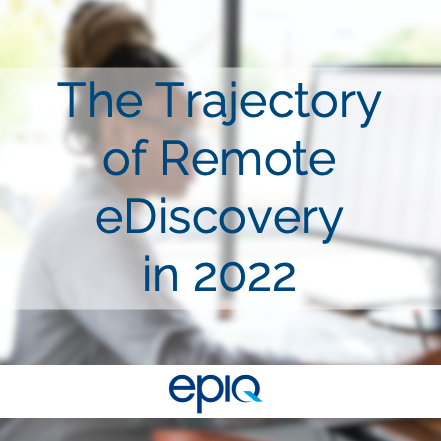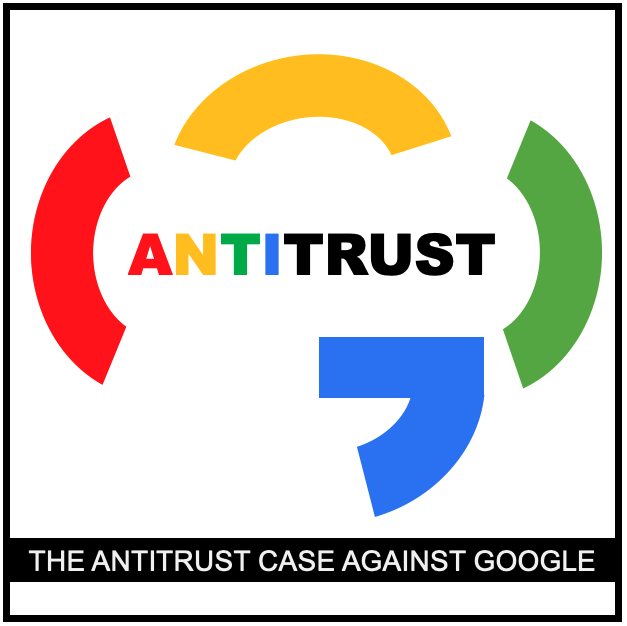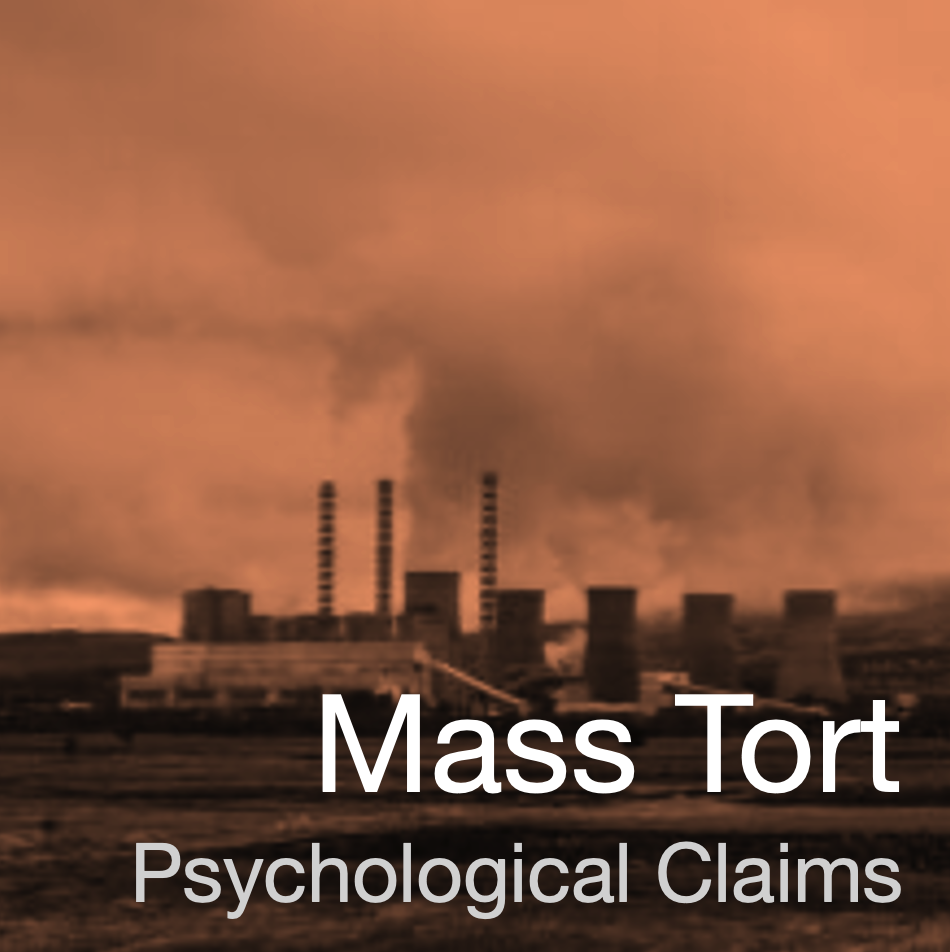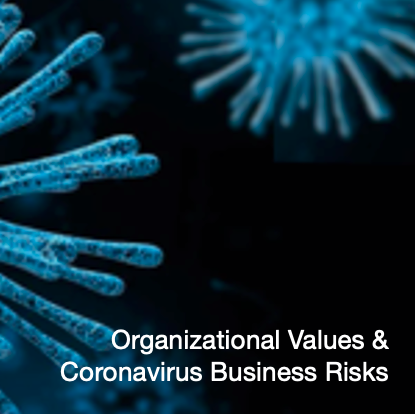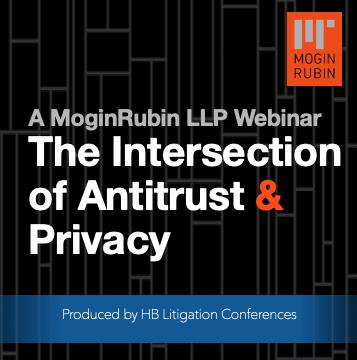Emerging Issues Facing the Property & Casualty Insurance Industry: What Has, What Is, What Will Be
Charlie Kingdollar was Emerging Issues Officer for GenRe where he worked for 40 years, much of which was spent monitoring hundreds of new risks at any given time. In this article, Charlie discusses risks that have long-since emerged but continue today, risks that are starting to reveal themselves, and risks just starting to appear on the horizon. Read or download his article published in the latest issue of the Journal on Emerging Issues in Litigation.
The Commercial Drone Industry: Privacy, Security, Threats, and Mitigation of Risk
HB presents a CLE-eligible webinar Now on-demand at the West LegalEdcenter THE COMMERCIAL DRONE INDUSTRY Privacy, Security, Threats, and Mitigation of Risk Drones have become an increasingly valuable tool for businesses of all types and sizes. Drones are already being used in many applications, but more will certainly arise as the technology advances. This means that certain risks, like cyber threats, will also continue to present themselves. Protecting the transmission and storage of data collected through drones is critical. Unfortunately, security usually comes as an afterthought. The drone industry is part of the aviation industry, which, based on its knowledge, keeps safety as a number one concern. Part of that safety is having proper protection for your systems, including security as a fundamental design principle. Take this webinar to gain insights on the topics listed below, and shared by an attorney who practices on the cutting-edge of this evolving technology. Topics: Defining drones. Current and future applications. FAA Modernization and Reform Act of 2012. FAA Part 107 Regulations and waivers. Resources, e.g. the FAA Drone Zone and LAANC Portal. Penalties for violations. Privacy implications. Drones as weapons. Vulnerability to cyber attacks. Take it now! What you get: 1+ CLE credits (subject to bar rules). Insights from an experienced professional who specializes in this area of the law. The complete PowerPoint presentation. Continued access to the complete recording for later use. Answers to your questions. Fee: No additional charge to subscribers to the West LegalEdcenter. Non-subscribers may take the course for $170. Meet the Speaker Kathryn Rattigan Robinson & Cole LLP Kathryn Rattigan is a member of the firm's Business Litigation Group and Data Privacy + Cybersecurity Team. She advises clients on data privacy and security, cybersecurity, and compliance with related state and federal laws. She assists clients in assessing risks related to technology and software contracts, as well as with compliance-related issues with outsourcing and [...]
The Trajectory of Remote eDiscovery Review in 2022
Epiq presents a CLE-eligible webinar The Trajectory of Remote eDiscovery in 2022 Practical guidelines for planning the eDiscovery program for your firm or legal department based on the latest insights. Join legal industry analyst Ari Kaplan, Eric Crawley, Epiq’s managing director for global advanced solutions, Seth Eichenholtz, Director of eDiscovery at Mastercard, and Lora Ramsey, eDiscovery Manager at Walmart for a discussion about the current state of electronic discovery within corporate legal departments and the future of remote options in a post-pandemic environment. Kaplan will reveal – and the panel will discuss – findings from the Epiq-commissioned report based on the perspectives of 30 leading corporate legal eDiscovery professionals about the challenges, tactics, and best practices fueling change in this sector. Eighty-seven percent of the respondents reported that they handle some document review processes with support from their outside counsel. Sixty-three percent also utilize alternative legal services providers (ALSPs). With the near-universal deployment of remote reviewers during the pandemic, only 10 percent of the respondents reported seeing disadvantages. For many organizations, the document review process involves a combination of resources and is often driven by cost and risk. One respondent told us: “We want the lowest cost resource that offers the highest quality work, which is not always the outside law firm.” If you answer yes to any of these questions, this webinar is for you: How can my firm make the most informed decisions about our document review processes given the new wide acceptance of remote work? Should our litigation and investigative teams work with alternative legal service providers to conduct remote review? What are the benefits? What do our clients, namely corporate e-discovery professionals, think about remote review and the role of law firms in the process? On-Demand Registration What you get: 1 CLE credit (subject to bar rules). CLE codes will be announced. For questions write to CLE@LitigationConferences.com. 60 minutes of insights from experienced professionals. The complete PowerPoint presentation. Continued access to the complete [...]
The Antitrust Case Against Google
The Antitrust Case Against Google Perspectives from highly regarded competition law attorneys, litigators, and economists. This overview and Q&A has been developed for advertisers, mobile device makers, app developers,corporate counsel, business writers, and search market participants. The U.S. Department of Justice and 11 states have filed a sweeping antitrust suit against Google alleging the tech giant abuses its position as "monopoly gatekeeper for the internet" to block competitors. The complaint says Google has used anticompetitive tactics to maintain and extend its monopolies in the markets for general search services, search advertising, and general search text advertising. The federal and state governments charge Google uses "exclusionary agreements, including tying arrangements" to "lock up distribution channels and block rivals." Google's considerable wealth helps make this happen. Google pays billions of dollars a year to distributors to secure their position as the default search engine, and prohibits these companies from dealing with Google competitors. Google's exclusionary strategy is being applied more harshly in newer technologies, such as voice assistants, and in its goal of dominating other platforms in the IoT category, such as smart speakers, home appliances, and autonomous cars. Without a court order, the government plaintiffs say, "Google will continue executing its anticompetitive strategy, crippling the competitive process, reducing consumer choice, and stifling competition." What does all of this mean to actual or potential rivals, ad buyers, consumer, developers, and device makers in three markets Search Service, Search Advertising, and Search Text Advertising? What type of defense might Google mount? What might the ultimate resolution look like? Join our panel, led by competition law thought leaders, as they address the potential impact of the litigation and answer your questions via live chat. • Setting the stage: What constitutes an illegal monopoly? • Lessons from United States v. Microsoft? • How does the government define the three markets? • What is in the alleged exclusionary agreements and tying arrangements? • What does the government allege is improper about Google default settings? • Why is requiring app bundles on devices considered improper [...]
Mass Tort Emotional & Psychological Claims
Emotional & Psychological Claims in Multi-Plaintiff Toxic Tort Litigation: What attorneys need to know about the scientific and medical aspects of these injuries. On-Demand | Recorded October 27th, 2020 ON DEMAND WEBINAR REGISTRATION Emotional injury claims often arise in toxic torts due to exposure to asbestos, mold, carbon monoxide, and environmental contamination, to name a few. And now, as large swaths of the nation are often engulfed in flame, what physical and emotional effect might manifest from prolonged smoke inhalation? Determining the validity of these injuries and any causal connection is difficult. It requires careful study by truly qualified experts often from various disciplines. When psychological harm exists, it can be debilitating. There is much an attorney should know when wading into these types of claims. How often is there a legitimate injury? What different types of injuries are there? What should attorneys know when working with or challenging psychological experts? How is causation proven or disproven? How are damages determined? Join our panel comprising a forensic neuropsychologist, an industrial and occupational physician, a forensic psychiatrist, and an experienced mass tort practitioner as they share their insights and experiences. Key Points Understanding the different types of psychological injury claims. Understanding the differences between objective injuries that are easy to identify and distinguish, versus subjective injuries such as pain or restricted movement. Distinguishing between real psychological injuries and malingering. Understanding the frequency of valid emotional injuries. Identifying the causal relationship between exposure and health effects. Knowing and understanding key medical studies. Understanding the evidence needed to prove or disprove claims. Evaluating damages, such as treatment costs and the extent of functional impairment. On Demand Webinar Registration Includes Nearly 75 minutes of insights from experienced professionals. CLE credit: 1+ (subject to bar rules). For CLE questions: CLE@LitigationConference.com The complete Power Point presentation. Continued access to the complete recording for later use. Answers to your questions via email to the presenters or write to HB and we will be sure to contact the speakers. ON DEMAND WEBINAR [...]
Organizational Values & Business Risks: Properly Balancing Stakeholder Concerns
Accommodations. Appropriate accommodation for high-risk employees or employees with family members who are at a heightened risk. Mitigation. Attention to means of mitigating transmission and infection. Tracing. Contact tracing and management of data collected, including health data, as well as responses to employees who refuse to report. Patient Sensitivity. Duty to avoid discrimination and stigmatization. Preparedness. Developing plans to address possibility of re-occurrence in the fall and managing possible outbreaks in company’s offices. On-demand on the Thomson Reuters West LegalEdcenter as part of the HB catalog. Organizational Values & Coronavirus Business Risks: Properly Balancing Stakeholder Concerns Produced for Emory University Center for Ethics by HB Litigation Conferences The current pandemic confronts businesses, nonprofit organizations, governments, and the legal profession with innumerable ethical challenges. Management issues and liability concerns, stakeholder demands and legal duties become even more complex in an environment of uncertainty and one where the consequences could result in serious illness or even death. This program seeks to engage the participants in thinking through these challenges and developing processes of ethical response to them. Managers must acknowledge and address the framework of fear associated with the pandemic, ranging from fear of contagion and death to fears of unemployment, childcare, and the duties of home-schooling. Additionally, as the economy reopens there must be serious attention to the processes of doing so. Join Professor Edward L. Queen from Emory University for invaluable insights. Emory's medical team was on the frontline of the 2014-2016 Ebola epidemic, which began in December 2013 when an 18-month-old Guinean boy contracted the disease. According to the CDC, the outbreak ended with more than 28,600 cases and 11,325 deaths. Eleven people were treated for Ebola in the United States. Edward L. Queen Director of Ethics and Servant Leadership Emory University Professor Edward L. Queen Edward L. Queen is director of the D. Abbott Turner Program in Ethics and Servant Leadership and Coordinator of Undergraduate Studies at Emory University’s Center for Ethics. At Emory he also serves as [...]
The Intersection of Privacy and Antitrust Webinar Now Available On-Demand on the West LegalEdcenter
Available as part of your subscription to The Thomson Reuters West LegalEdcenter®. Don't subscribe to the West LegalEdcenter? This webinar is still available directly from HB. Take it now! Questions for speakers Questions@LitigationConferences.com CLE questions CLE@LitigationConferences.com Check out the MoginRubin blog for more insights on antitrust and privacy law. What attorneys and companies need to know about the increasing interplay between these critical areas of the law. Highly publicized cases and investigations in the U.S. and Europe of big technology, e-commerce, and social media companies demonstrate how anti-competition laws are being used to scrutinize and challenge not only how these corporations conduct themselves in the marketplace, but the very core of their colossal success: the mass collection and utilization of user data. Are the privacy and antitrust worlds beginning to cross over? Or do they simply run parallel while addressing entirely different types of conduct? Whatever the answer, data is the raw material that drives the likes of Google, Facebook, Apple and Amazon, so how it is handled is a critical question when counseling clients on mergers and acquisitions. Moderator Daniel J. Mogin | Managing Partner, MoginRubin LLP Speakers Jennifer M. Oliver, CIPP/US | Partner, MoginRubin LLP Thomas N. Dahdouh | Director, Western Region, Federal Trade Commission Franklin M. Rubinstein | Partner, Wilson Sonsini Goodrich & Rosati Randi W. Singer, CIPP/US, CIPT | Partner, Weil, Gotshal & Manges Contributor Dina Srinivasan | Independent Researcher & Author of The Antitrust Case Against Facebook Dina was unable to present but we thank her for her content contributions. Agenda Who should regulate privacy violations in the U.S.? Which antitrust issues implicate privacy concerns? What role does machine learning play on the competitive landscape? What is big data really? How is it different from “data”? What are the elements of effective merger reviews? What are the appropriate remedies? What are “notice-and-choice” versus “harms-based” approaches? Plus answers to your questions. Send them to Questions@LitigationConferences.com.

